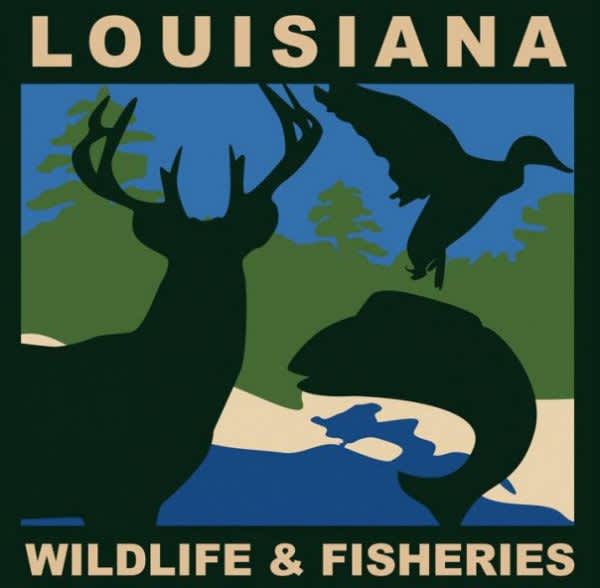Louisiana DWF Moves Forward with VMS Pilot Program for Public Seed Ground Oyster Vessels

In an effort to better manage the more than 1.6 million acres of public oyster beds, the state has implement the Vessel Monitoring System (VMS) Pilot Program, which requires oyster vessels fishing on the public seed grounds to have a Louisiana Department of Wildlife and Fisheries provided VMS.
Data collected through the VMS Pilot Program will allow LDWF to better manage the resources on the public oyster seed grounds. The department worked closely with oyster industry leaders to create a program that will not be burdensome to harvesters
VMS units will be provided to all oyster permit holders by LDWF. The entire system, service and installation will be provided at no cost to the vessel operator. Participants in the VMS Pilot Program will only be required to minimally maintain care for the units.
LDWF has contracted Pole Star Space Applications through a competitive bidding process to provide the data collection services. Pole Star will provide the VMS monitoring solution, and will coordinate with vessel owners to install the equipment. Pole Star, along with their sub-contractor Radio Holland USA, will be coordinating the installation effort for the entire oyster fleet.
Oyster vessels who harvest on public seed grounds must have a VMS unit installed to remain in compliance with current regulations. If they do not have a VMS unit currently installed they need to confirm with LDWF that installation has been scheduled.
To schedule a VMS installation, please contact Sam Boyd with Radio Holland USA at LDWF@radiohollandusa.com, or (713) 378-2145
All information collected by LDWF will be considered privileged and confidential and will not be made public. Vessels owners will be allowed to track their own vessels through VMS installed onboard their oyster vessels.
Currently, over 700 vessels are permitted to harvest on public oyster beds. The Louisiana oyster industry provides more than one-third of the nation’s oyster consumption.
During the 2011 Legislative Session, the Louisiana Legislature passed Act 266, giving LDWF the authority to require VMS devices onboard vessels that harvestoysters for commercial purposes on public seed grounds. This action was taken to enable the department to better manage the public oyster resource.

